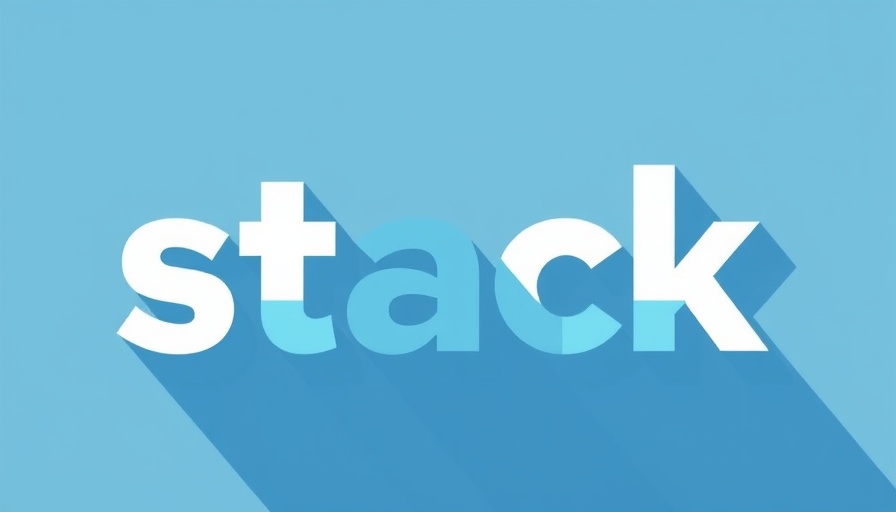
The Importance of Hazard Insurance in Securing SBA Loans
Understanding hazard insurance is crucial for any small business looking to secure an SBA loan. Hazard insurance, sometimes referred to as property insurance, provides protection against damages to physical assets such as buildings and equipment. For businesses applying for small business loans, demonstrating that you have adequate hazard insurance can significantly enhance your chances of approval.
What is Hazard Insurance?
At its core, hazard insurance covers damages caused by various risks, including fire, theft, and certain natural disasters. While numerous types of coverage exist, businesses are encouraged to select a policy that directly corresponds to their unique needs. In essence, having hazard insurance is not just about regulation; it's about ensuring your business can withstand unforeseen events without suffering crippling financial losses.
Do I Really Need Hazard Insurance?
The simple answer is yes, especially when dealing with SBA loans. Financial institutions require hazard insurance as part of their risk mitigation processes. They want to ensure that their investment in your business is protected. Furthermore, it demonstrates to lenders that you're a responsible borrower who is serious about safeguarding your business assets.
Real-World Consequences of Skipping Coverage
Many businesses believe they can forego hazard insurance, thinking it will save money. However, this could be a costly mistake. For example, a small retail shop that faces a fire without proper coverage can be left with unbearable debts and no funding to rebuild. Conversely, businesses that maintain good coverage can recover quickly, thus keeping their operations intact and finances stable.
Additional Financing Options for Your Business
Understanding the landscape of business financing can lead to more informed decisions. Alongside SBA loans, options like business lines of credit, equipment financing, and even invoice financing can cater to your varying needs. Each of these options can serve as a financial safety net, complementing the security that hazard insurance provides.
Building a Strong Business Loan Application
When applying for loans, having thorough financial documentation is key. This includes detailed financial statements, a comprehensive business plan, and proof of adequate insurance coverage. Lenders will pay close attention to your business credit score and your business loan application must reflect a well-rounded view of your financial health. Always ensure that you have coverage that matches the expectations of lenders.
Future Trends in Business Insurance and Financing
The business landscape is changing with factors like artificial intelligence and data analytics influencing insurance underwriting and financing solutions. As these technologies continue to evolve, businesses should stay updated on trends to ensure they’re leveraging the best available options for coverage and financing.
Conclusion: Guaranteeing Your Business’s Future
In today’s unpredictable economy, ensuring that your business has robust hazard insurance isn't just prudent; it’s essential. Taking the steps to secure adequate coverage will not only help you in obtaining an SBA loan but also protect your investment as you seek to expand and thrive. Explore your options and make informed decisions about your business financing and risk management strategies today.
 Add Row
Add Row  Add
Add 



Write A Comment